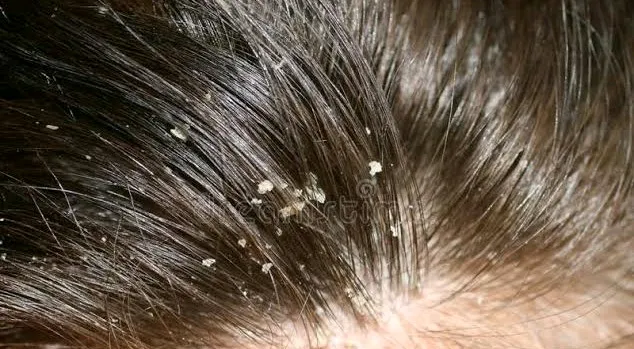THE MYSTERY OF DANDRUFF!!
Dandruff is a common condition that causes the skin on the scalp to flake. It isn't contagious or serious. But it can be embarrassing and difficult to treat.
Mild dandruff can be treated with a gentle daily shampoo. If that doesn't work, a medicated shampoo may help.
Although the cause of dandruff is not completely understood, When the yeast overgrows, it leads to an inflammatory response that kills off scalp cells at a high rate, which in turn slough off in sticky patches and flakes.
The issue is identified by White or clear flakes on the scalp, through the hair, and on clothing. Itchy scalp which may be red and inflamed.
Some youngsters find they develop dandruff when they hit puberty because their hygiene habits haven’t changed to meet the...
Mild dandruff can be treated with a gentle daily shampoo. If that doesn't work, a medicated shampoo may help.
Although the cause of dandruff is not completely understood, When the yeast overgrows, it leads to an inflammatory response that kills off scalp cells at a high rate, which in turn slough off in sticky patches and flakes.
The issue is identified by White or clear flakes on the scalp, through the hair, and on clothing. Itchy scalp which may be red and inflamed.
Some youngsters find they develop dandruff when they hit puberty because their hygiene habits haven’t changed to meet the...




